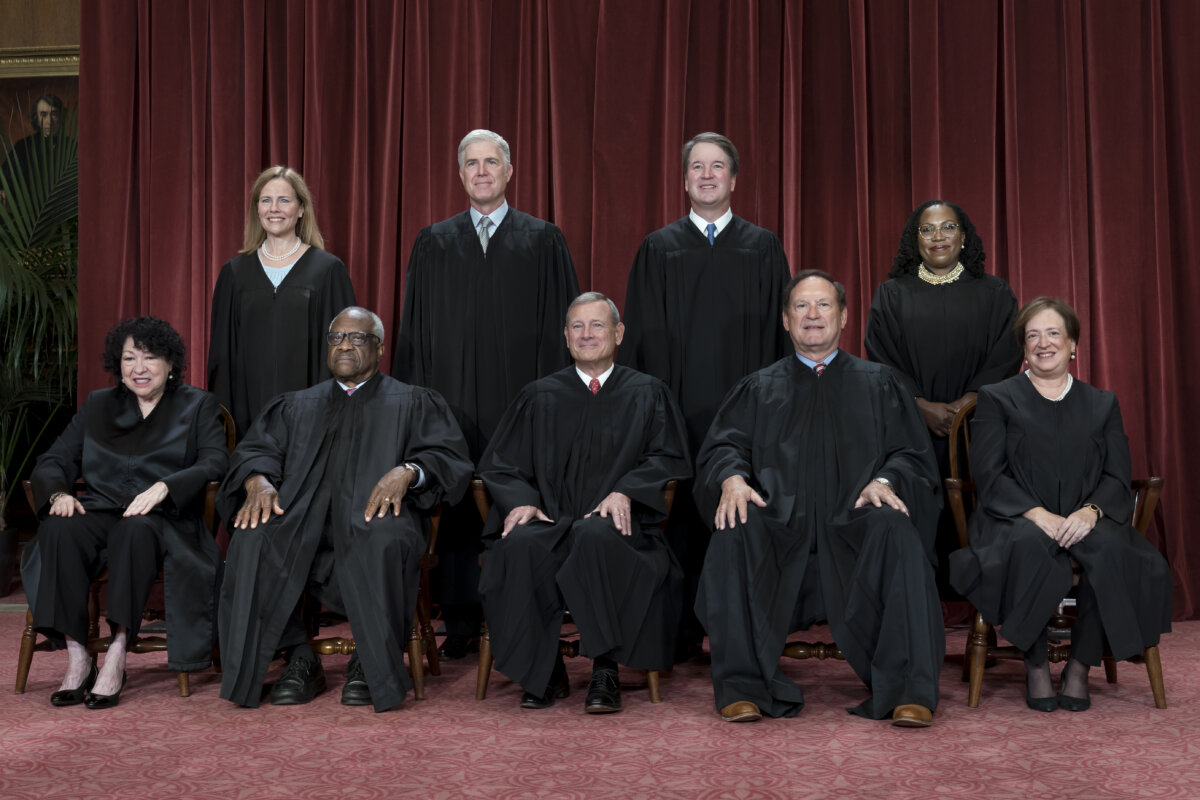jenn barrett photo
Canadian-made cleaning product lines include Nature Clean and Biovert; there’s also the US-made Seventh Generation, and Ecover, an international brand.
Last week in this space, I campaigned for separating household food from plastics and PVC, simply because we don’t know enough about what’s in those plastics(and what we do know is, frankly, a tad scary).
This week I’m taking the household detox deeper: to the cupboard under the sink.
My soul sister in all this is a woman I’ve never met, but have been talking to over e-mail during the past week. Jenn Barrett is so passionate about removing the poisons from our personal space she started her own business, Jenn Consulting, www.jennconsulting.
com, to help people identify the environmentally nasty products and materials in their homes and offer up a range of alternatives.
“Mainstream cleaning products share many ingredients in common,” she says.
“In general they contain petroleum-based surfactants, synthetic dyes, solvents, VOCs(volatile organic compounds) and synthetic fragrances.”
She rattles off a few common nasties: chlorine (poisonous, severe irritant, carcinogenic); formaldehyde, used as a deodorizer, disinfectant and germicide (carcinogenic); and phenol, found in polishes and mold/mildew cleaners (highly toxic general poison).
Because highly toxic — and highly common —cleaning products are not governed under the same labelling laws as food products, the average consumer has become the guinea pig of the synthetic chemicals manufacturers, says Barrett.
“(It’s) left us inhaling, ingesting, and absorbing thousands of harmful chemicals into our bodies today. And that’s not the end of it as these chemicals leave our homes and pollute our environment.”
However, natural, vegetable-based cleaners do come with a list of ingredients -— a short one, with words you can pronounce.
Sophisticated marketing obviously impacts our buying decisions(inane “You Can Swiff It” revamped Devo jingle notwithstanding) but it may be the price tag that keeps most consumers from making the switch to non-toxics.
“People will be faced with the decision of ‘Do I pay $2 to $4 more for a natural product that won’t harm me, my kids or the environment? Or do I save that money and force everyone in my home to inhale, ingest and absorb harmful chemicals?’” says Barrett.
“The do-it-yourself type will be the one saving money and their health. By purchasing simple ingredients such as white vinegar, baking soda, borax and a vegetable-based liquid soap, they will have enough cleaning power to last for months.”
Capers, Whole Foods and Choices are guaranteed sources of safer soaps and cleansers, but typical supermarkets and drug stores are finally catching on.
Carlyn Yandle is a Vancouver journalist with her own room-planning business,Home Reworks. She dwells on urban-home issues every Thursday in Metro.
















